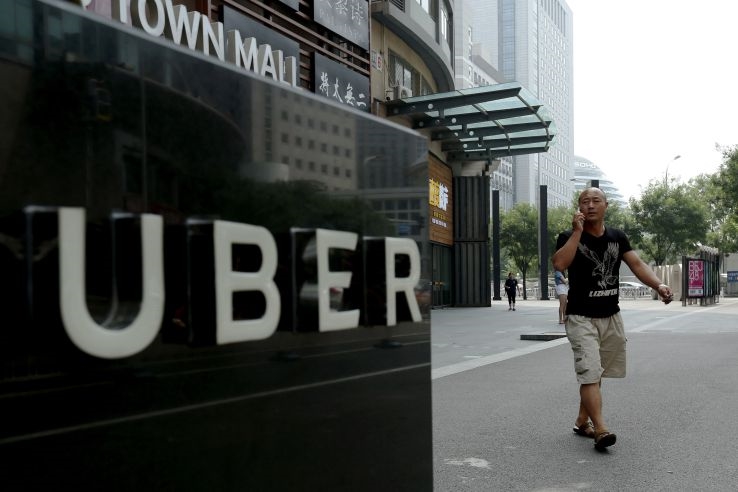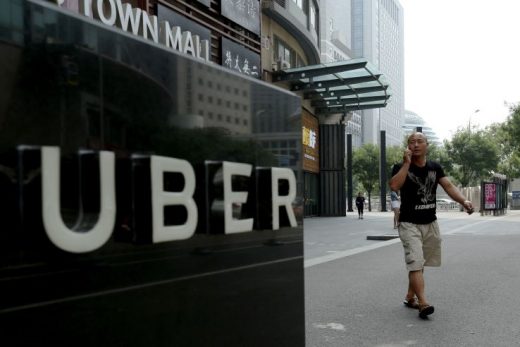Uber Files Lawsuit Against Fetch Media For Ad Fraud
Uber Files Lawsuit Against Fetch Media For Ad Fraud
by Laurie Sullivan @lauriesullivan, (September 20, 2017)
Uber Technologies has filed a lawsuit against UK-based Fetch Media, a Dentsu-owned company, alleging that the mobile ad agency misrepresented the effectiveness of its mobile ads and failed to prevent ad fraud.

Based on the suit, Uber is seeking $40 million in damages for monetary damages of at least $50 million, according to one report.
The ride-hailing company is suing Fetch for breach of contract, fraud and negligence, and more. Fetch denies the allegations.
“We are shocked by Uber’s allegations which are unsubstantiated, completely without merit, and purposefully inflammatory so as to draw attention away from Uber’s unprofessional behaviour and failure to pay suppliers,” stated Fetch CEO James Connelly. “Fetch terminated its agreement with Uber months ago after Uber stopped paying invoices for services provided by over fifty small business suppliers, engaged by Fetch to place Uber’s mobile advertising.
Following months of nonpayment, Uber eventually raised unsubstantiated claims relating to ad-fraud as a reason not to pay its invoices, but there is no basis to these claims, per Connelly, who claims Fetch helped Uber acquire more than 37 million new users since 2014.
Uber became aware of alleged ad fraud early 2017, when consumers began complaining that Uber ads were appearing on sites that the company had previously requested Fetch ads not be placed on, The Wall Street Journal reports, citing court documents. While clicks on Uber ads were reportedly coming from placements on “Magic_Puzzles and Snooker Champion,” the clicks actually came from Breitbart.com, the complaint said — a site Uber had instructed the agency to steer clear of.
Online ad fraud is a serious allegation, especially toward a reputable advertising agency. It sometimes requires bots to automate fake views or clicks to steal ad dollars.
Billions are lost as a result of ad fraud. “The amount of global advertising revenue wasted on fraudulent traffic, or clicks automatically generated by bots, could reach $16.4 billion in 2017,” according to a WPP-commissioned study.
Every day there are thousands of hackers creating new bots for dozens of different malicious reasons that range from stealing credit cards to posting spam, according to Reid Tatoris, cofounder of Are You A Human, which Distil Networks acquired in May 2017.
“These bots touch every part of the digital ad stream and as advertisers become more conscious about their impact, this type of conflict is only going to become more common,” Tatoris wrote in an email to Search Marketing Daily. “No advertiser wants to waste money showing ads to bots, and their anger is understandable, however it’s highly unlikely that Fetch was doing anything malicious.”
He believes bots got caught up in this Uber campaign for the same reason they are caught up in every campaign, and that it has become a pervasive problem that will take a collaborative effort from publishers, networks, platforms and advertisers to solve.
News of Uber’s lawsuit hit the same day as the Coalition Against Ad Fraud (CAAF), led by Adjust, announced 15 new members. The group added AdAction, AdColony, AppLift, Aarki, Dynalyst, Fyber, i-mobile, Inmobi, IronSource, Jampp, Liftoff, Nend, Remerge, Vungle and YouAppi.
MediaPost.com: Search Marketing Daily
(20)


